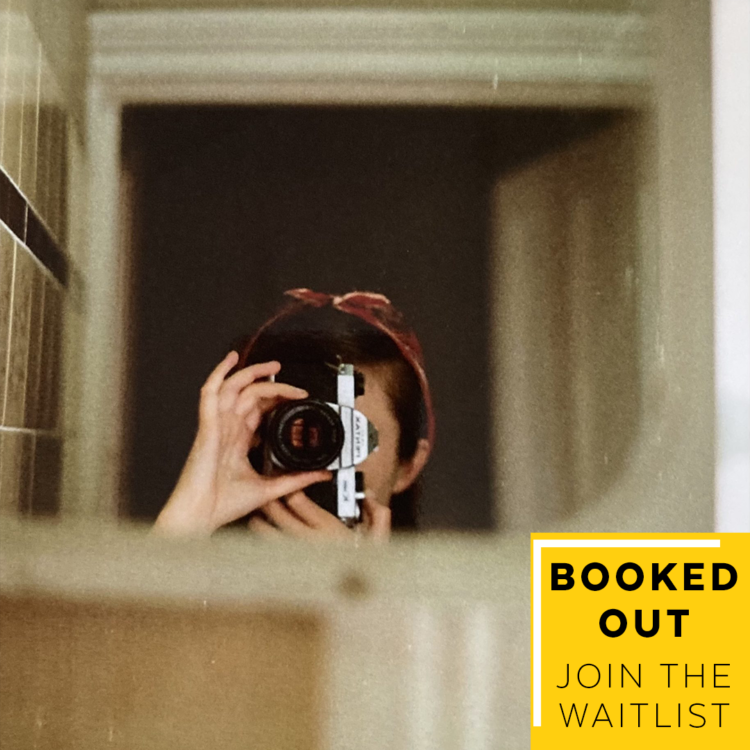Session One: Thursday 1 July
What art are you writing about and why? In this session we will introduce ourselves and our writing, and consider the relationship between writer and subject – are you writing about art as a critic? As a fan? Something (or someone) else? We’ll take an overview of ways in which to bring your response to art alive on the page.
Session Two: Thursday 8 July
Description is vital to writing effectively about art, but what can “description” mean, in practice? In this session we will look at how to make description more than just a rendering of literal facts: how vocabulary, rhythm and tone can all evoke an artwork, how the materiality and medium of the work itself can provide us with clues (and cues) as writers, and how to not get tangled up in adjectives!
Session Three: Thursday 15 July
Whether or not you are writing criticism, the development of a critical argument can still be crucial to your writing about art. In this session we will think about how to develop and strengthen your critical acumen: considering artworks and artists in their context, moving beyond responses of “good” or “bad”, and effective means of articulating your argument to a readership.
Session Four: Thursday 22 July
Sometimes writing about art means writing about ourselves, which is not an easy task. This week we will consider how our personal encounters with artworks can be the basis for our writing, and how questions of memory, obsession, epiphany and more can be explored on the page.
Session Five: Thursday 29 July
The most effective and affecting writing about art – whether it’s criticism, fiction or something else – sticks with us because of its own artistic merit. To wrap up our course, we will encourage each other into those leaps of imagination and inventiveness that make our writing about art distinctive and original, and think about how to get that writing out into the world!




